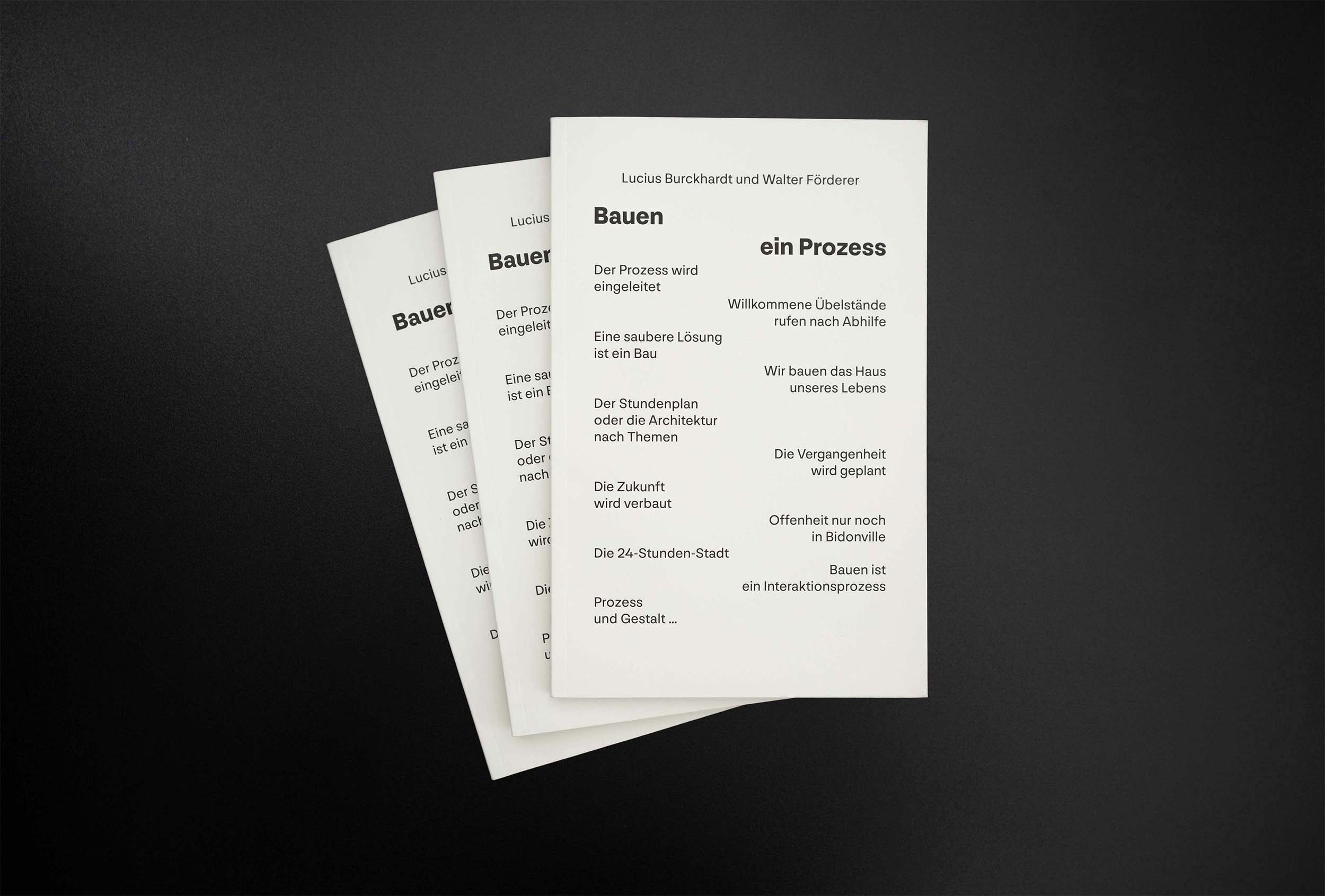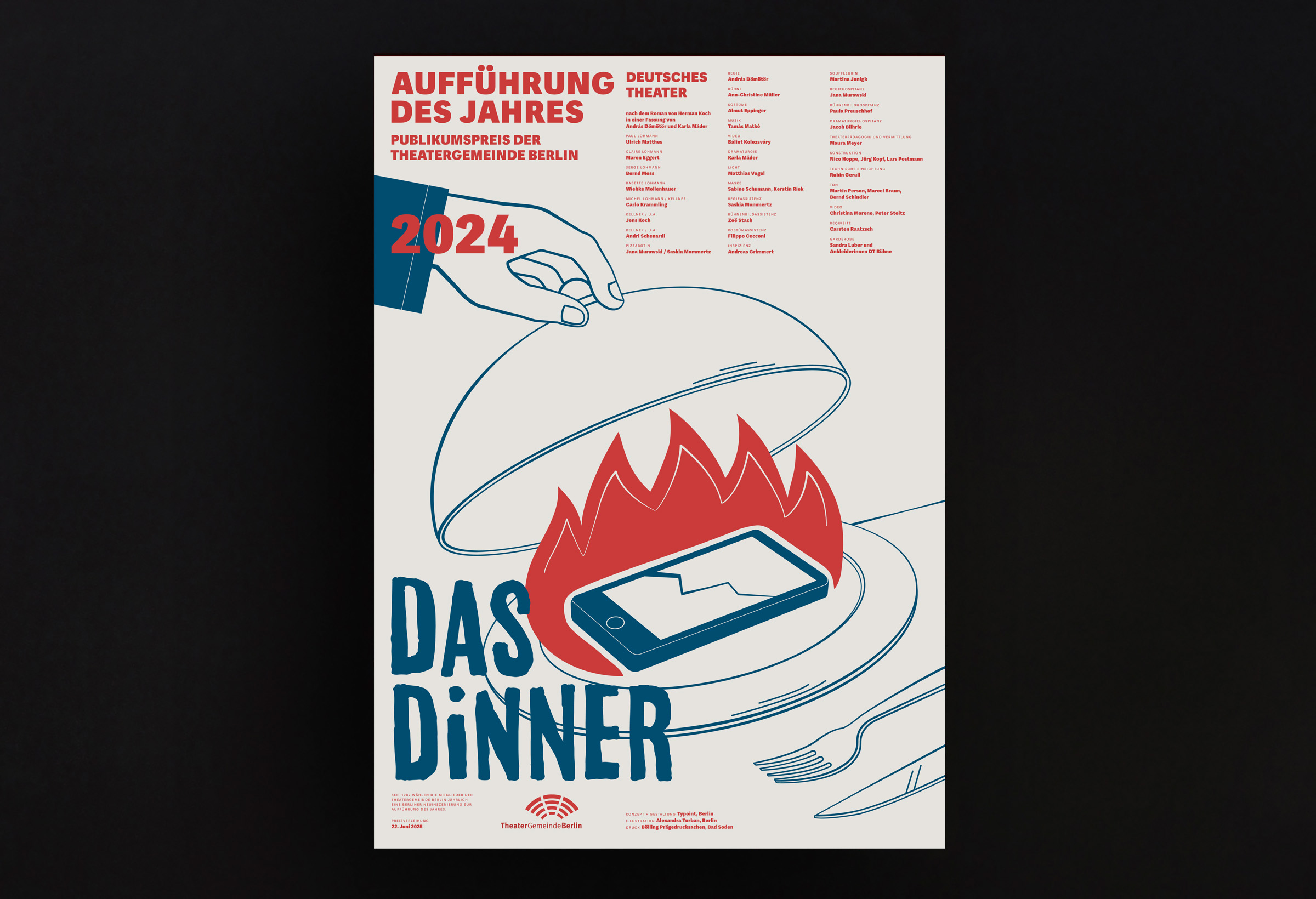Leander Greitemann invites you to break out of the trap of success and free yourself from the dreams that haunt you while you forget to enjoy life. In his book ”Unfollow Your Dreams“ he questions current thought models and values that are no longer suitable for a modern lifestyle. Greitemann uncovers power structures that use the big “why” for their purposes. He encourages people to rethink life, goals, purpose and success and, with his manifesto, presents food for thought for a fulfilling and easier life.

What inspired you to write “Unfollow Your Dreams” and address the topic of success cases?
My biggest motivation was continuous sound with the success imperative at all levels from all sides: Become successful, become financially independent, become the best version of yourself, reach your full potential, live your dream, find your why... All of these recommendations seemed more and more wrong to me. And I wanted to know more precisely: Can't you understand the world and your own life in a different way? Isn't everything a lot easier?
In your opinion, what does a new life model look like that goes beyond the quest for a dream home, dream vacation and dream partner?
In the new life model, we are not looking for happiness in achieving any conditions in the future, but are looking closely NOW. We don't give meaning to the fruits of our action, but to the action itself. Certain achievements can make you happy, yes. However, they often do not do it and very often even end up fatally unhappy.
Mistakes and disappointed expectations hurt, but they can also be the basis for wonderful changes in life.
When we no longer focus so much on the results, we can go through life with significantly less worry, anxiety, and strictness about ourselves and others.
You are calling for a new way of thinking about life, goals, purpose and success. Can you give some specific tips on how people can initiate this thought process?
The first step — and that is exactly the core of my book — is to understand the laws behind fixing success, goals, dreams, and why. Then we can let go of the conviction that life is about achieving something specific. Whenever I get frustrated that I didn't do something, I remind myself that I don't know what it's good for. When I notice that I'm panting too convulsively afterwards and losing joy in the long run, I pause, pay attention to myself and stop when in doubt.
How do you see the relationship between self-confidence in the now and planning for the future in terms of a fulfilling life?
We can also plan for the future in a very present way and set aside extra time for it. So I sometimes sit down to structure my next talk or promote one of my next retreats.
When I realize that I'm thinking about the future while I'm actually doing something else, I gently draw my attention back to the moment. When I plan, I plan, otherwise I do what needs to be done at that moment.
It also means that I can say goodbye to a plan made in the past at any time when life expects something else from me. If you fight against what is now and try desperately to stick to your plan, you lose in doubt.
What are your hopes for people to start questioning the concept of “why,” and how could this make positive changes in their lives?
That is certainly the most demanding question about my book. The chapter on “Why” required the most dexterity when writing. I would therefore recommend reading the chapter on this topic to really get to grips with this topic. As a teaser, however, I can say: The search for it can drive us crazy and we could never find what we are looking for. Once we have identified our why, there can be a lot of unwanted side effects (lack of flexibility, constant fighting against what is, dissatisfaction, the justification of all means...). In my opinion, it is not appropriate for the complexity and changeability of the world to look for a fixed why.



